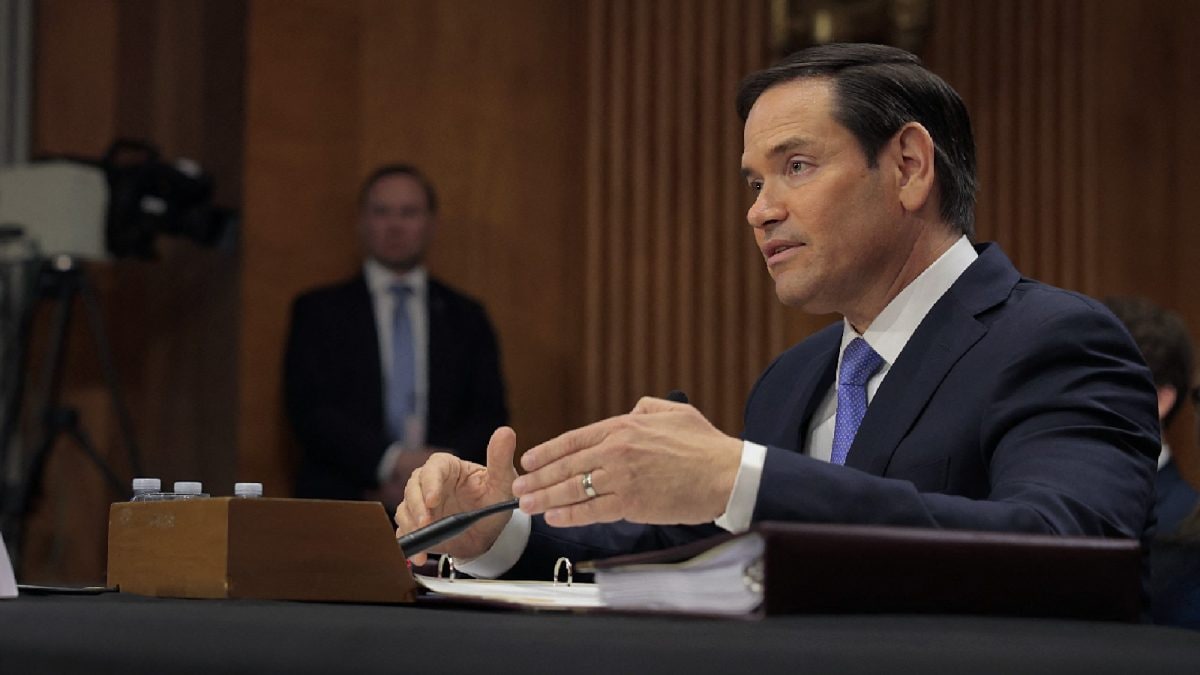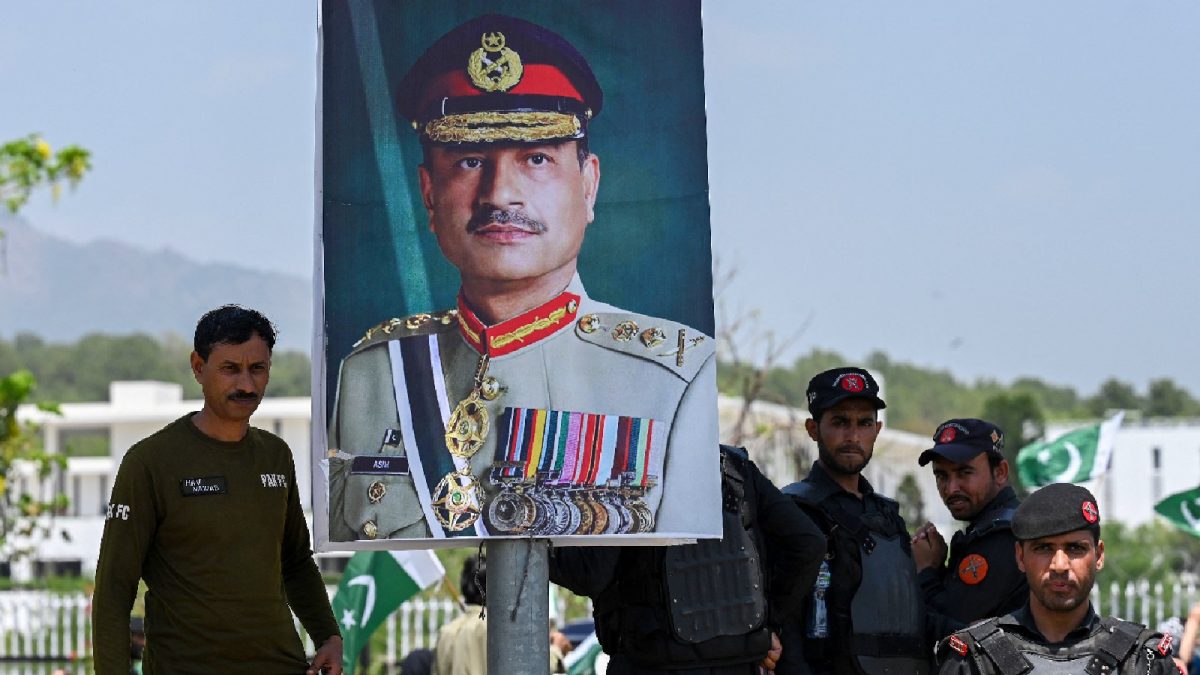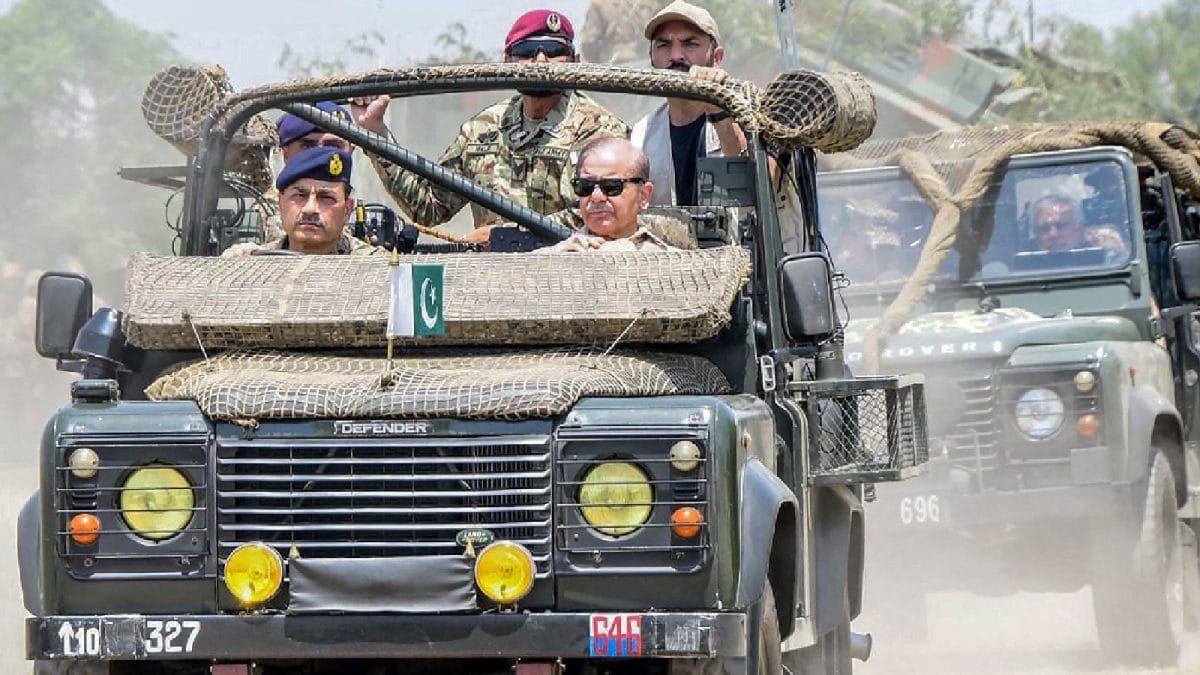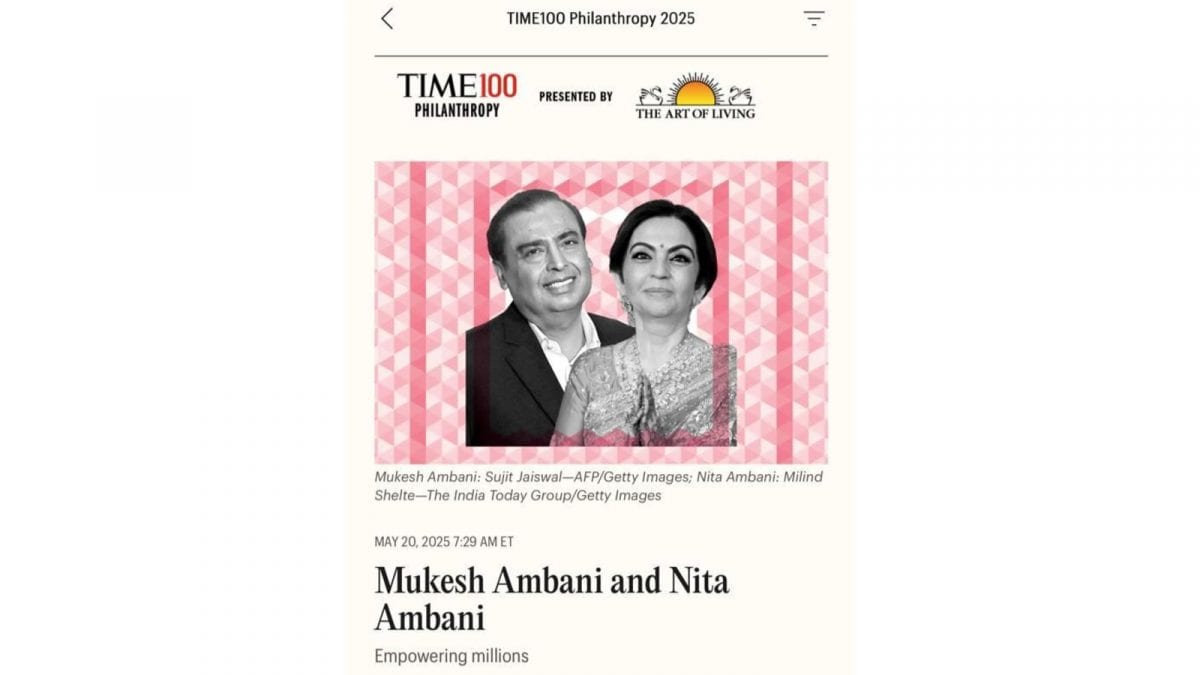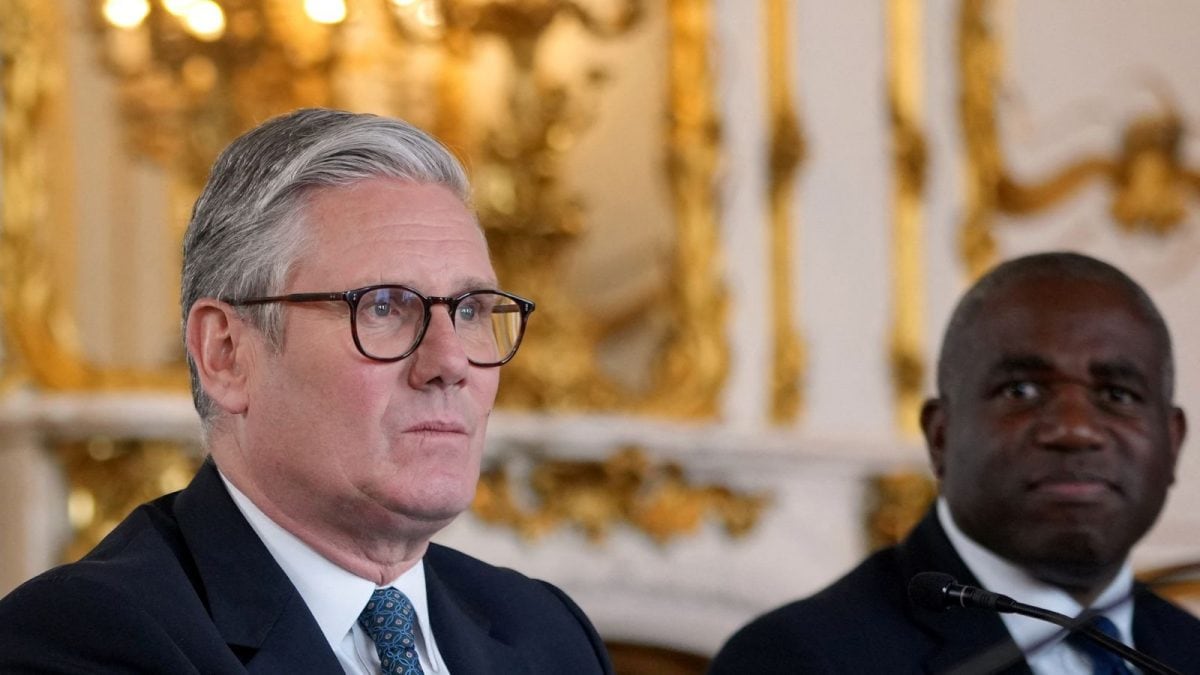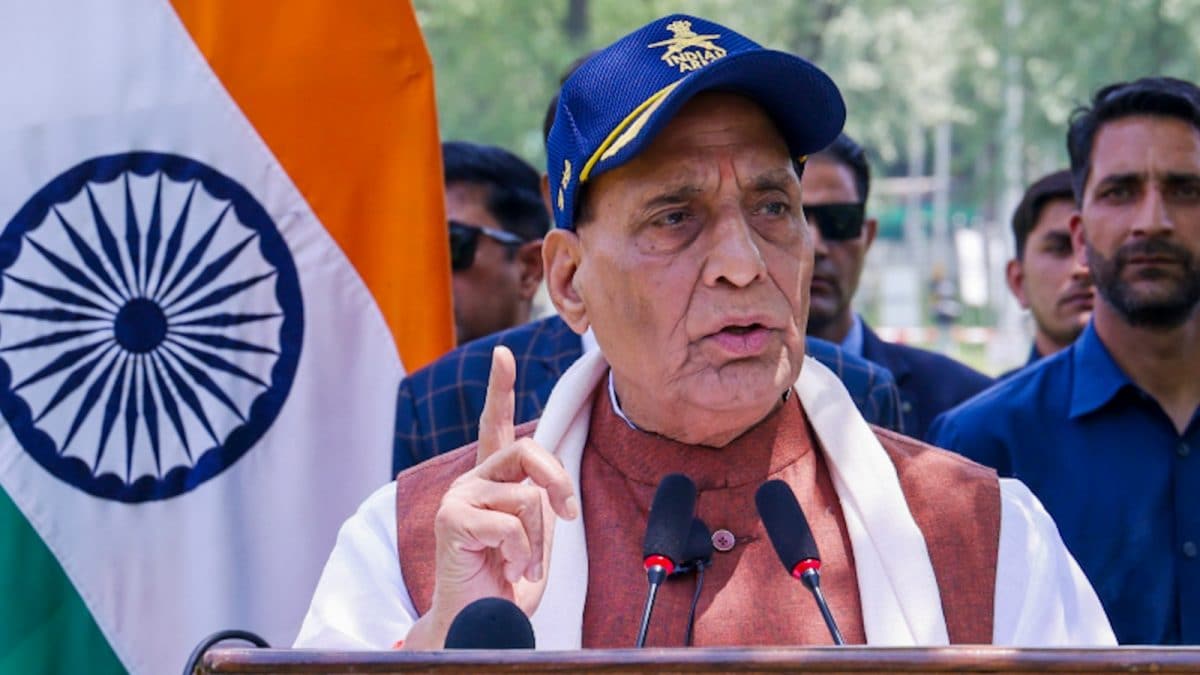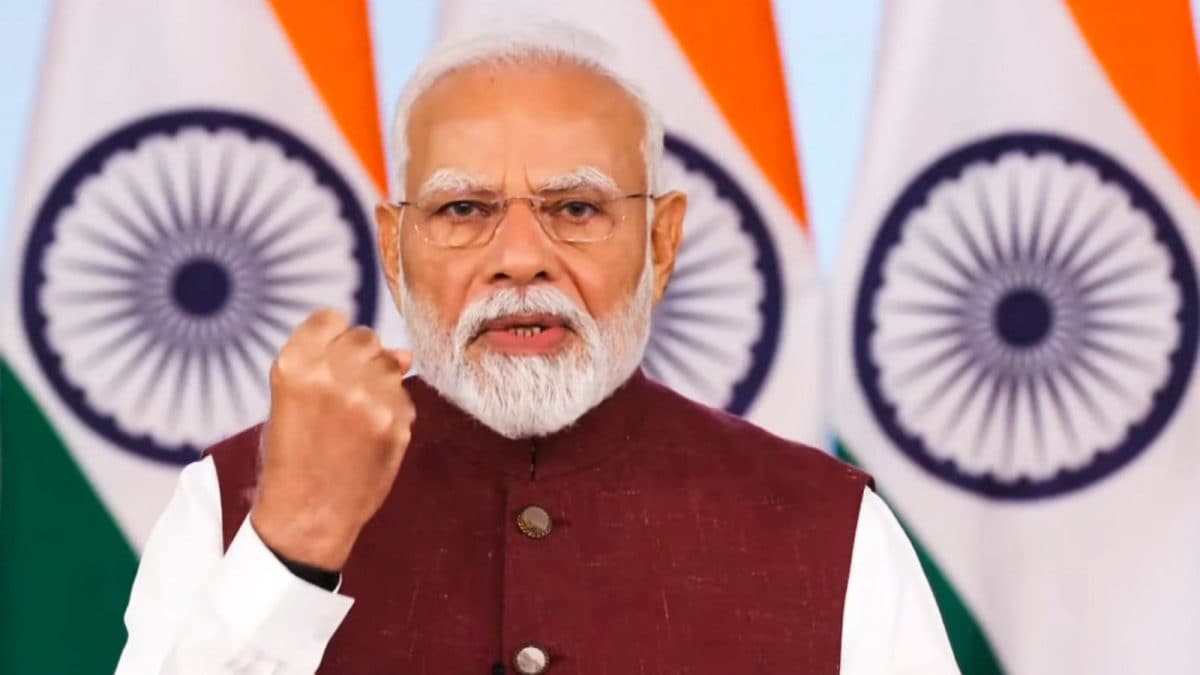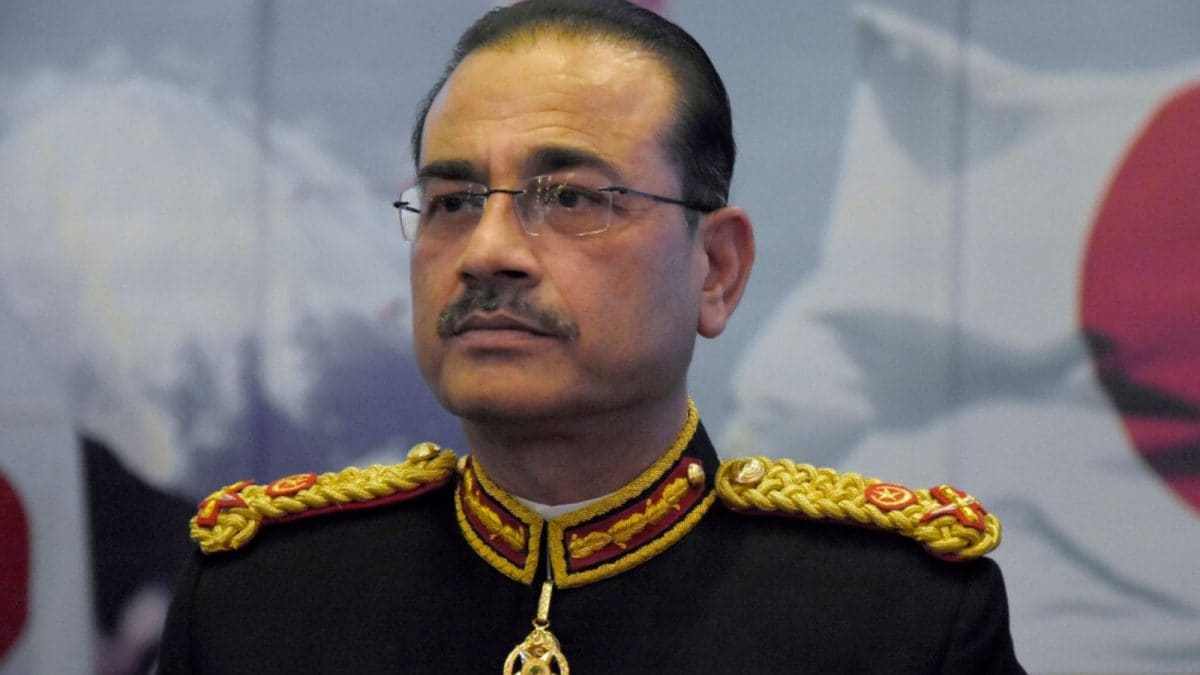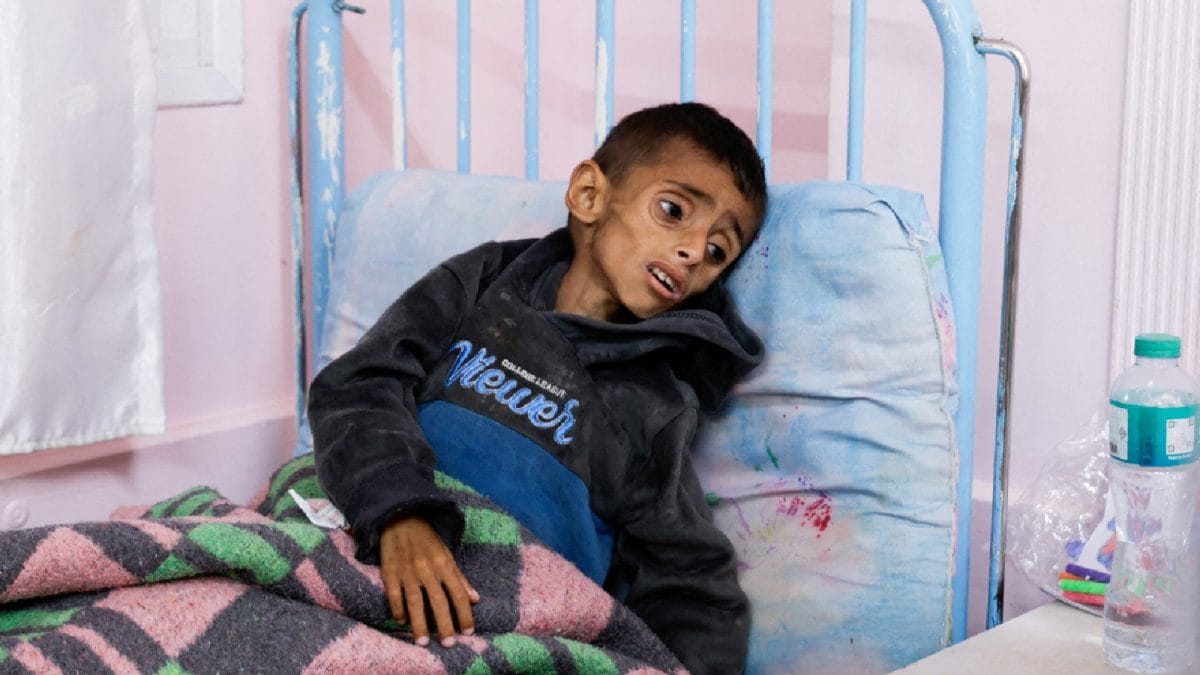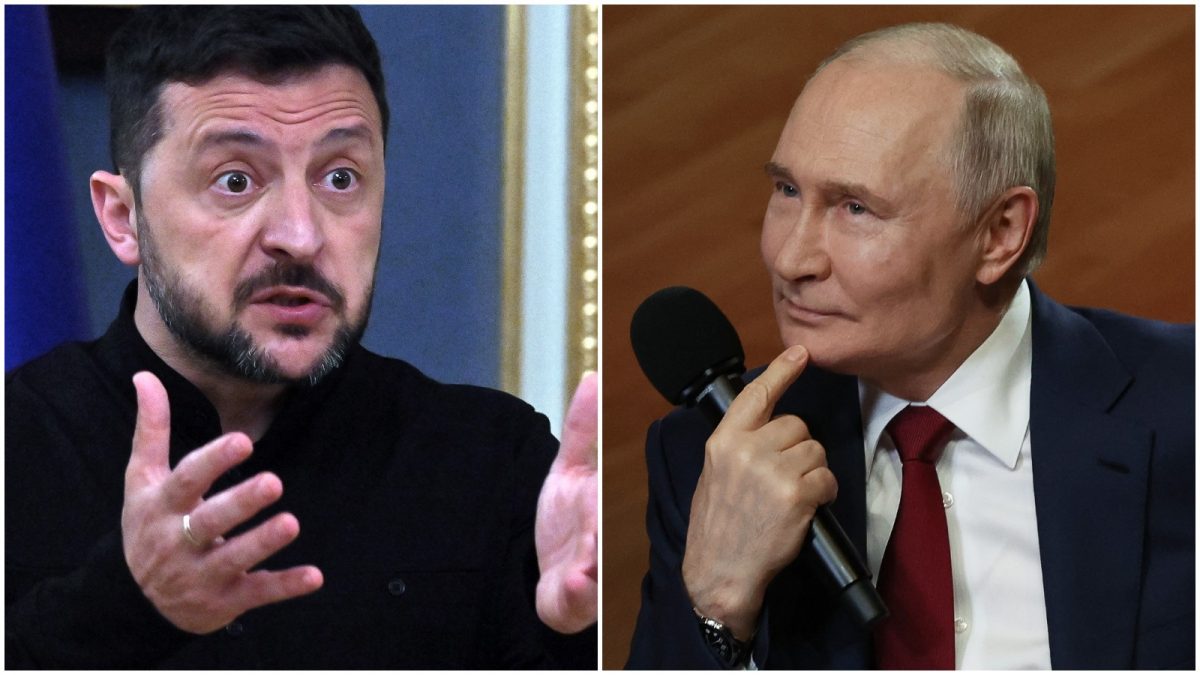In the heart of Venezuela's Orinoco River basin, fewer than 100 Orinoco crocodiles remain in the wild, making them one of the most endangered reptiles globally. For decades, dedicated biologists like Carlos Alvarado have been racing against time, nurturing hatchlings in captivity before releasing them into safer river areas. Despite limited resources and increasing human pressures, these conservationists persist, hoping to buy time and raise awareness for the species' survival. This photo gallery captures their relentless efforts to prevent the extinction of this majestic creature

1/7
Alvaro Velasco, 66, a biologist and president of the Group of Crocodile Specialists of Venezuela (GECV), helps an Orinoco crocodile hatch from its egg at the Leslie Pantin Zoo in Turmero, Aragua State, Venezuela. (Reuters)

2/7
Newborn Orinoco crocodiles are seen inside a bucket at the Leslie Pantin Zoo in Turmero, Aragua State, Venezuela. (Reuters)

3/7
Specialists, workers, and volunteers carry crates of captive-bred Orinoco crocodile hatchlings to the banks of the Capanaparo River for release into the wild, at Terepaima Ranch near Elorza in Venezuela’s Apure State. (Reuters)

4/7
Omar Hernandez, 63, a biologist and member of the Group of Crocodile Specialists of Venezuela (GECV), tags an Orinoco crocodile hatchling raised in captivity, prior to its release into the wild at the Capanaparo River, at the Leslie Pantin Zoo in Turmero, Aragua State, Venezuela. (Reuters)

5/7
Biologist Alvaro Velasco, president of the Crocodile Specialist Group of Venezuela, prepares a captive-bred Orinoco crocodile hatchling for release into the wild. With fewer than 100 left in nature, the group has spent decades raising the species in a race against extinction. (Reuters)

6/7
A drone view shows a group of specialists, workers and volunteers preparing Orinoco crocodile hatchlings raised in captivity for their release into the wild at the Capanaparo River, at the Terepaima Ranch, near Elorza, Apure State, Venezuela. (AFP)

7/7
Alvaro Velasco, 66, biologist and president of the Crocodile Specialist Group of Venezuela (GECV), releases a captive-bred Orinoco crocodile hatchling into the wild at the Capanaparo River near Elorza, in Venezuela’s Apure State. (Reuters)

 5 hours ago
5 hours ago
